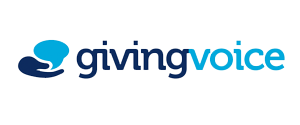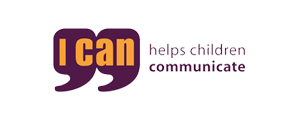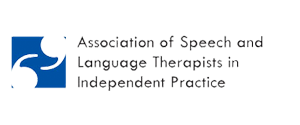Dysphagia
Dysphagia is the term given to eating, drinking and swallowing disorders. Dysphagia occurs when there is a problem with any stage of the process of eating, chewing, drinking and swallowing. This includes aspects such as trying food with different textures, picking up food, bringing it to the mouth, chewing and swallowing.
Dysphagia can be very serious as a child who cannot swallow certain foods or liquids may not receive the right nutrition or amount of food to stay healthy and maintain a healthy weight. Problems with swallowing can be hazardous as they can result in aspiration.
Our speech and language therapists can work with you and your child to provide techniques and therapy to increase a safe swallow and reduce the levels of aspiration and infection.
What causes dysphagia?
Dysphagia is usually a secondary disorder to a primary neurological, physical, psychological or emotional condition. Any illness that impacts the nerves and muscles needed in eating, drinking and swallowing can cause dysphagia.
Some conditions that cause dysphagia include:
- Acquired head / brain injury
- Stroke
- Head and neck cancer
- Premature birth
- Learning disability
- Surgery on spine or brain
- Developmental disorders
- Neurological disorders such as cerebral palsy
- Progressive neurological diseases
- Complex medical conditions
- Gastro-oesophageal reflux
- Genetic syndromes
- Structural abnormalities such as cleft lip/palate
- Behavioural issues
What are the signs of Dysphagia?
Dysphagia can occur at any stage of the swallowing process and therefore can manifest in different forms. The signs and symptoms will vary between children as they may have difficulties at different stages of the process. Children may not present with all signs and symptoms.
Some signs and symptoms include:
- Refusal of food or liquids.
- Rejecting different textured food- has strong preferences to certain textures.
- Difficulty with chewing.
- Difficulties with breastfeeding.
- Coughing , choking or gagging during or after meals.
- Excessive drooling.
- Regurgitation of food.
- Inability to control saliva.
- Oral residue after swallow.
- Dry mouth.
- Food sticking in the throat.
- Food or drink coming out the nasal cavity.
- Difficulty managing breathing with eating and drinking.
- Pocketing food in food the mouth.
How to support Dysphagia?
Our speech and language therapists will work alongside you to create a therapy plan based around your child's individual support needs. Our therapists can carry out observation, assessment and therapy sessions at home, in school and clinic.








